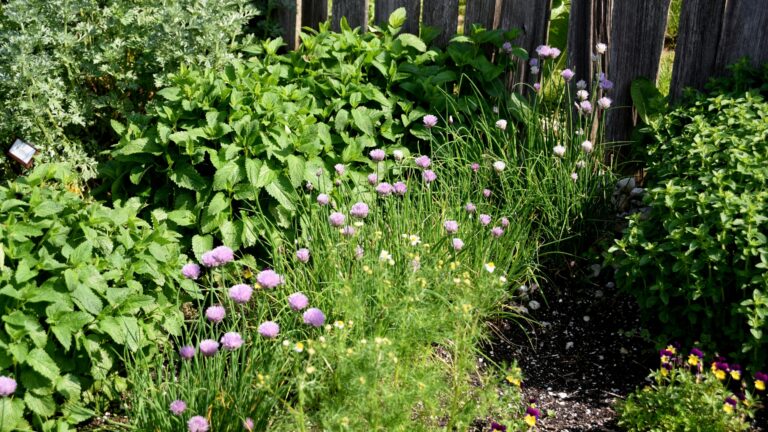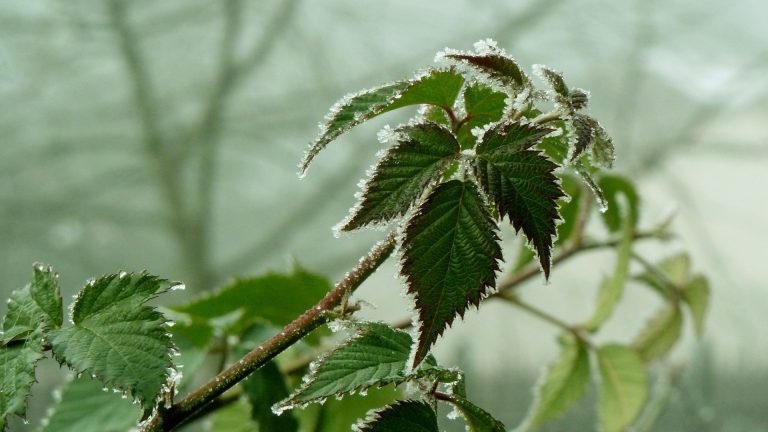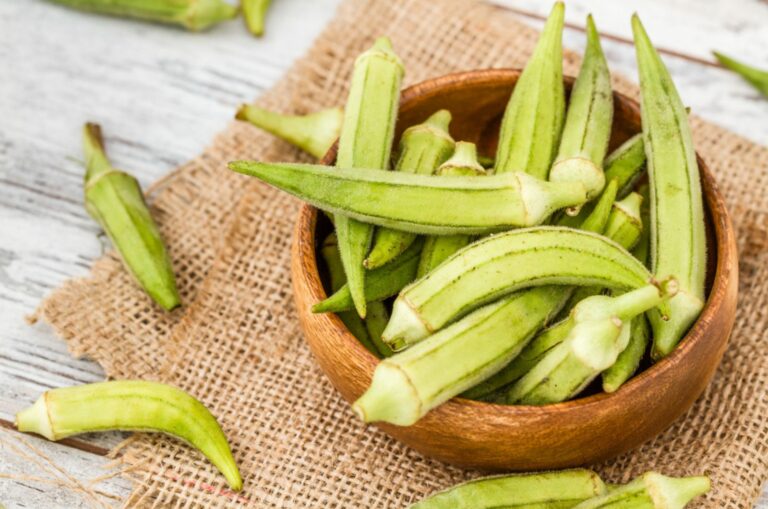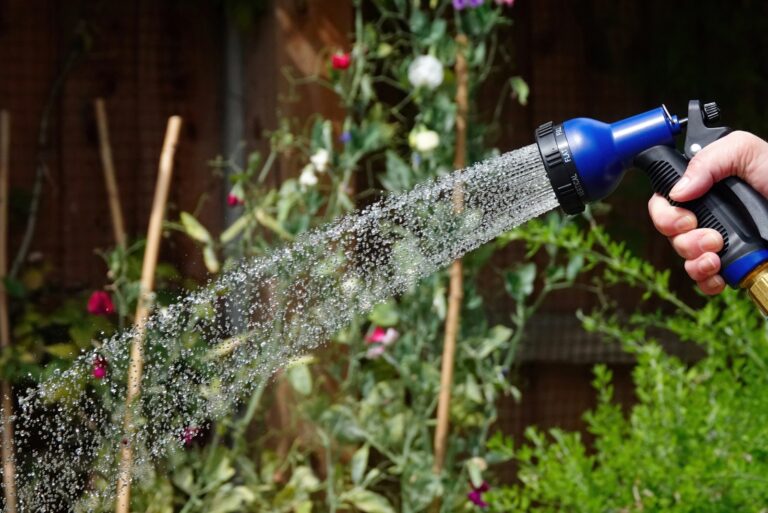Try These Natural Boosters If Your Lemon Tree Won’t Fruit
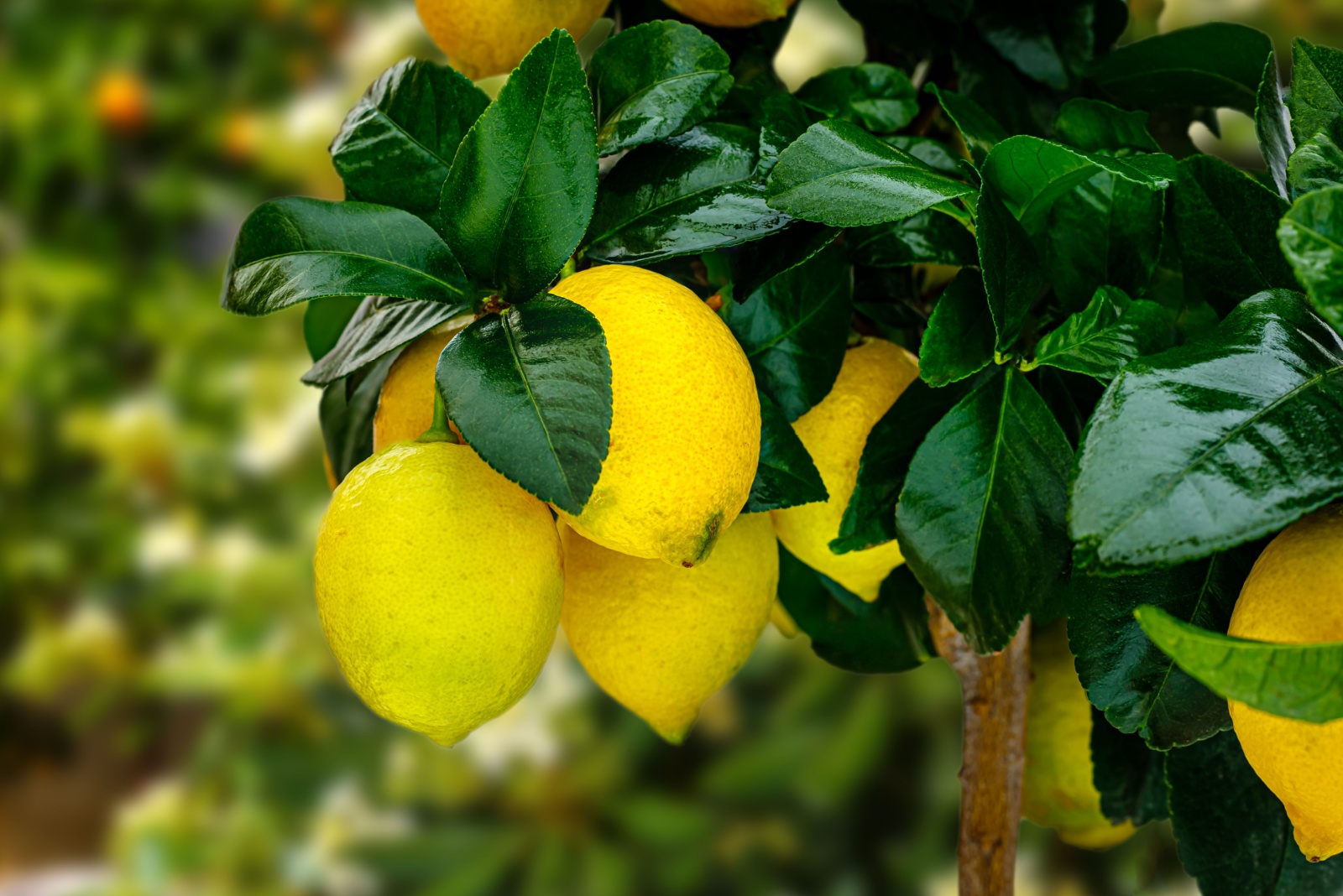
So I have a lemon tree that refuses to give me a single fruit, and I know how aggravating that feels.
I water it, feed it, talk to it—yet still no lemons appear.
The upside is that nature offers a few simple fixes that can nudge a stubborn tree into production.
I’ll walk through some natural ways that helped my tree wake up and finally move toward those bright yellow fruits I’ve been hoping for.
Compost Tea
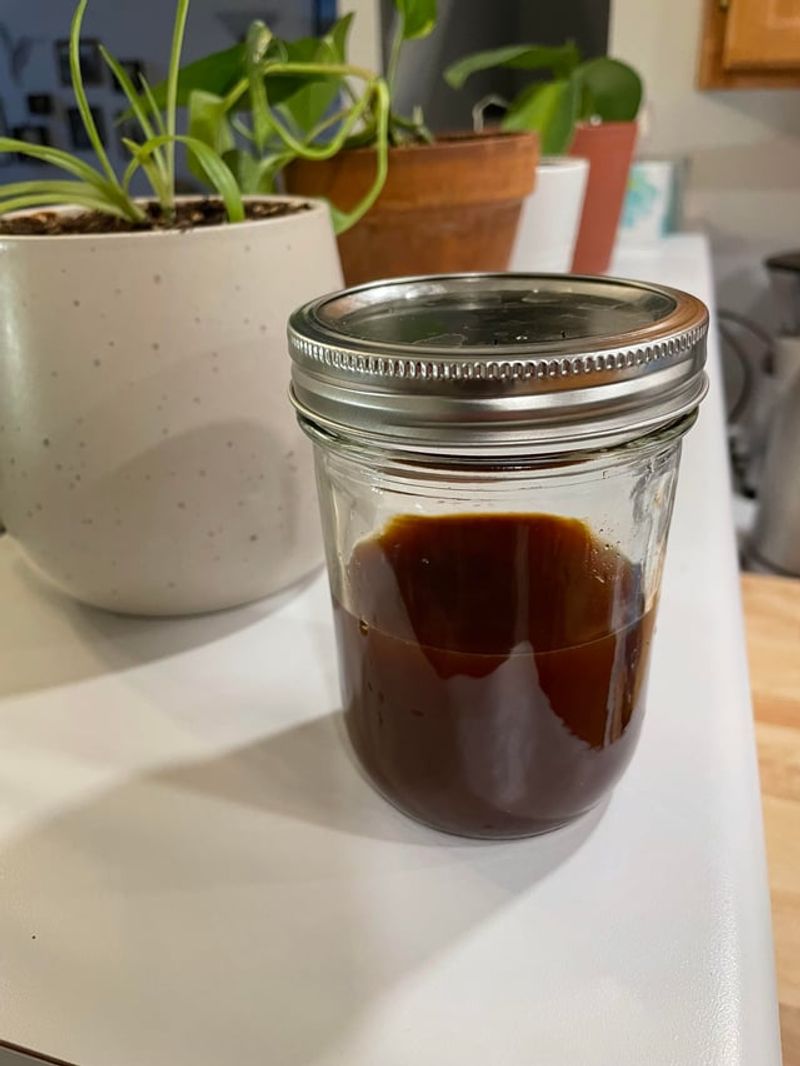
Ever heard of feeding your tree a cup of tea?
Compost tea is basically liquid gold for plants because it’s packed with helpful bacteria and nutrients.
You can make it by soaking finished compost in water for a few days, then straining out the solids.
Pour this nutrient-rich liquid around the base of your lemon tree once a month.
Your tree will absorb all those good microbes and minerals, which helps strengthen roots and encourages flowering and fruiting over time.
Epsom Salt
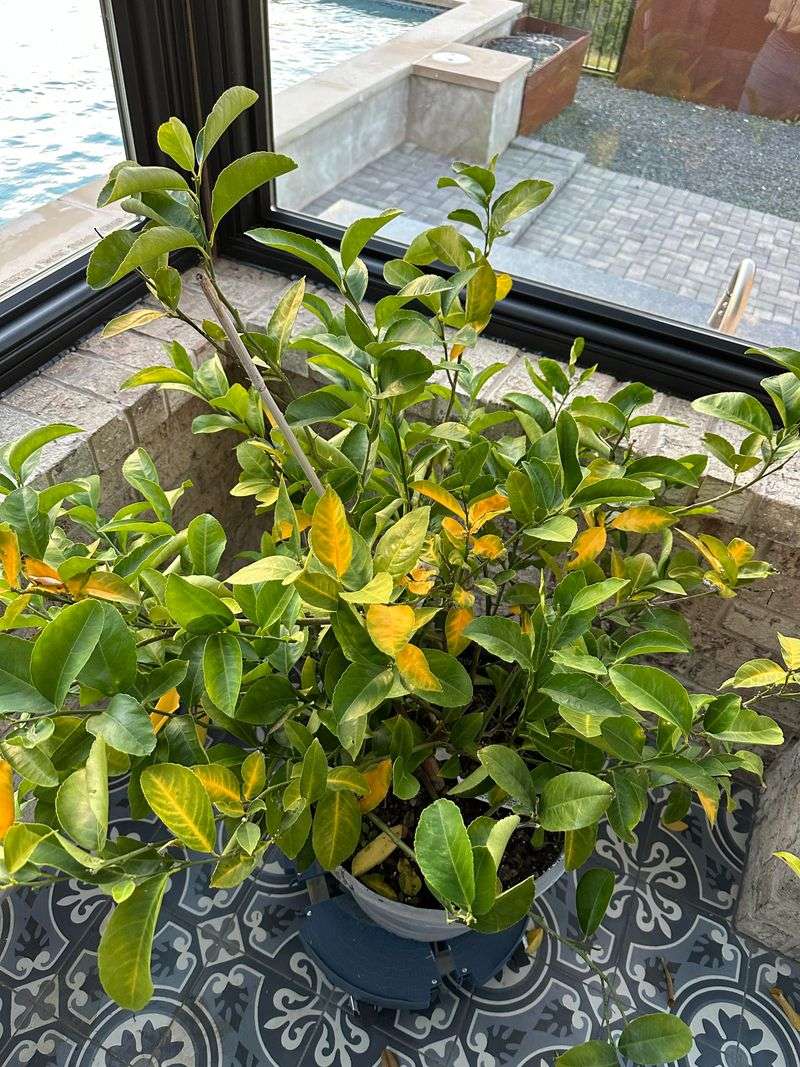
Magnesium might be the missing piece your lemon tree needs.
Epsom salt is a simple source of magnesium that helps trees produce chlorophyll and absorb other nutrients better.
Mix about two tablespoons of Epsom salt in a gallon of water and water your tree with it once every few months.
You can also sprinkle the salt directly on the soil and water it in.
Many gardeners notice their trees looking healthier and producing more blooms after regular Epsom salt treatments.
Banana Peels
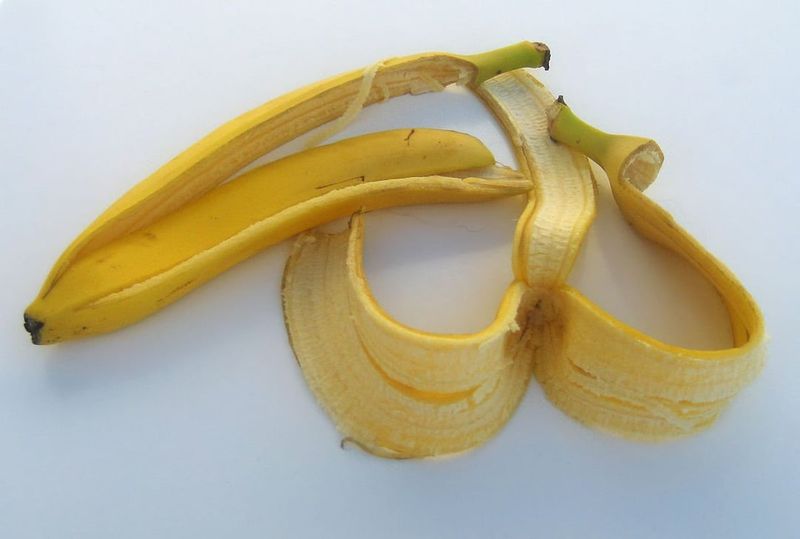
Don’t toss those banana peels in the trash.
They’re loaded with potassium, which lemon trees absolutely love for flower and fruit development.
You can chop up the peels and bury them a few inches into the soil around your tree, or soak them in water for a couple days to make banana peel tea.
Either way works great.
The potassium slowly releases into the soil, giving your tree a natural boost that encourages blooming and helps fruit actually form and ripen properly.
Coffee Grounds
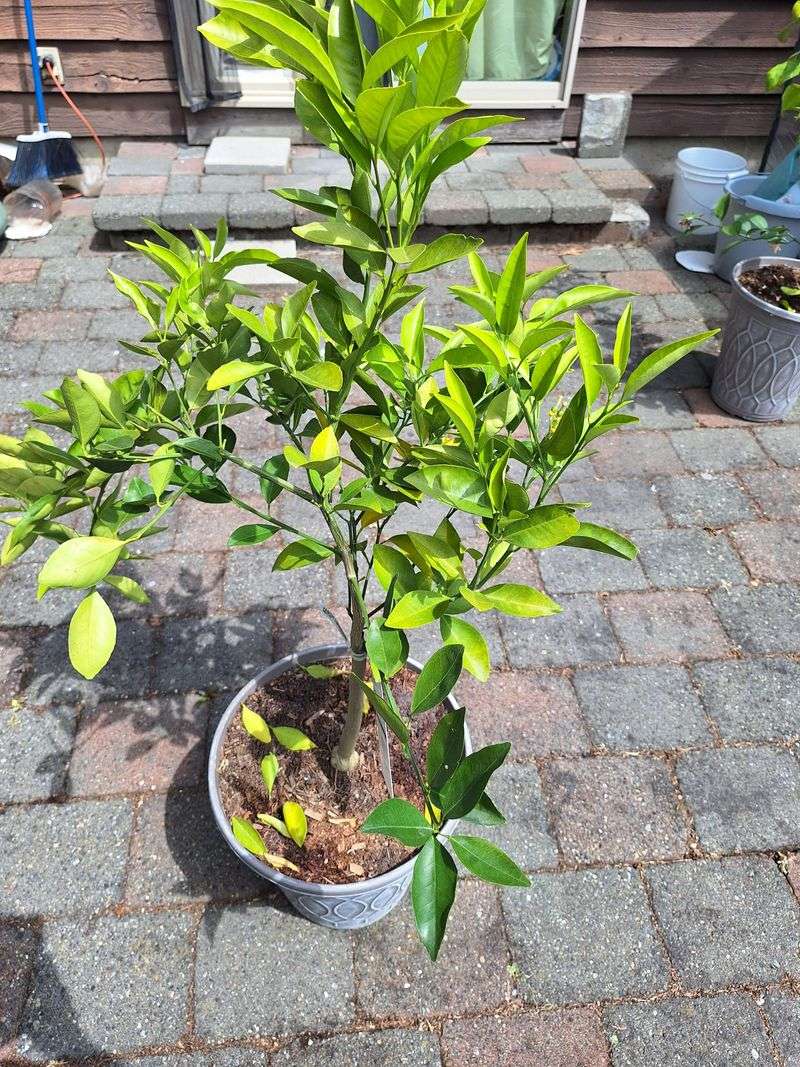
Your morning coffee routine can actually help your lemon tree.
Used coffee grounds add nitrogen to the soil, which promotes healthy leaf growth and overall tree vigor.
Just sprinkle used grounds around the base of your tree and work them lightly into the top layer of soil.
Don’t overdo it though, maybe a cup or two every couple weeks is plenty.
The grounds also improve soil structure and attract earthworms, which further enrich the soil and create better conditions for fruiting.
Fish Emulsion
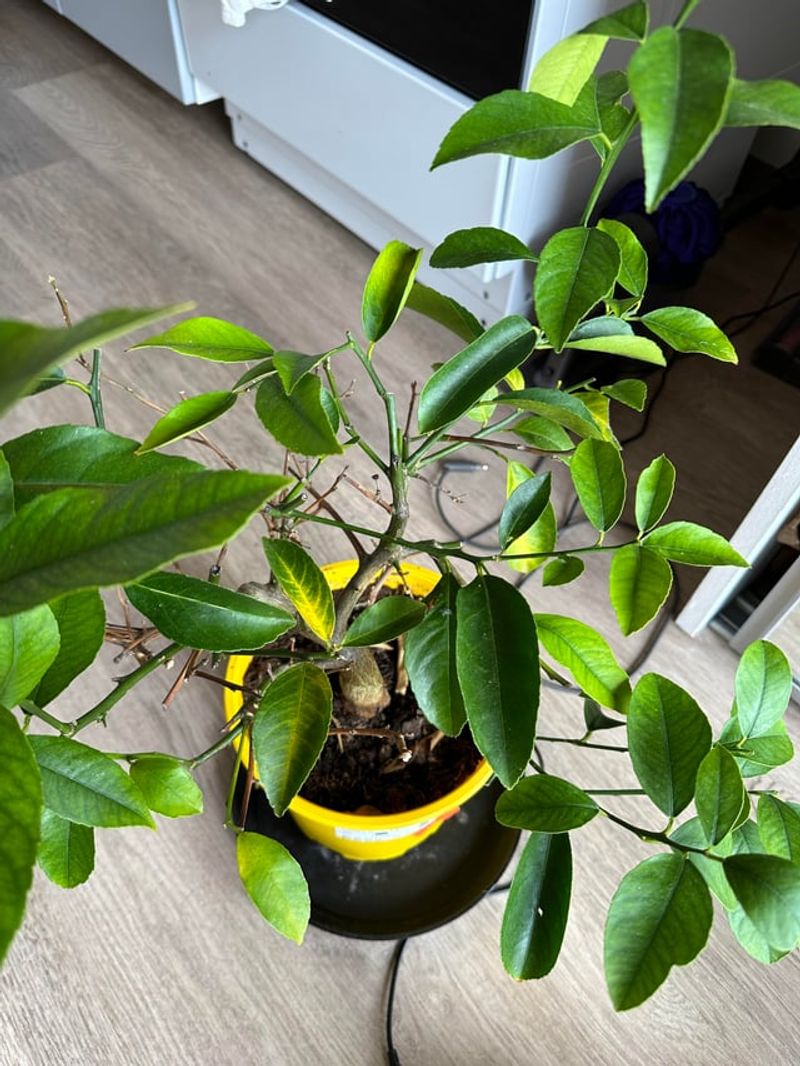
Yes, it smells pretty funky, but fish emulsion is one of the best natural fertilizers around.
It delivers a balanced mix of nitrogen, phosphorus, and potassium that lemon trees need for strong growth and fruit production.
Dilute the fish emulsion according to the bottle instructions and apply it every two to three weeks during the growing season.
The nutrients are quickly absorbed, giving your tree an almost immediate boost.
Many gardeners swear by this stuff for getting stubborn trees to finally start producing.
Bone Meal
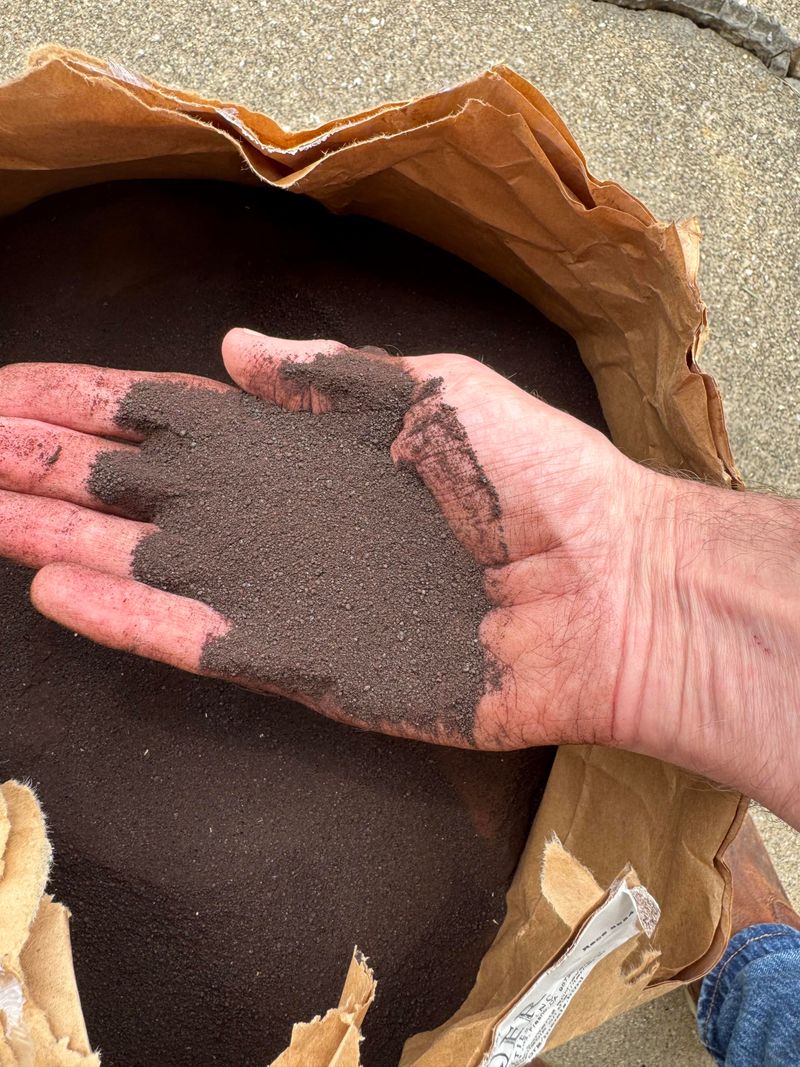
Bone meal might sound a bit unusual, but it’s fantastic for encouraging root development and flowering.
It’s rich in phosphorus, which is essential for bloom production and fruit set.
Sprinkle a handful of bone meal around the drip line of your tree, which is where the branches end, and mix it gently into the soil.
Do this in early spring before flowering season starts.
The slow-release phosphorus will support your tree throughout the blooming period, increasing your chances of getting actual fruit.
Kelp Or Seaweed Extract
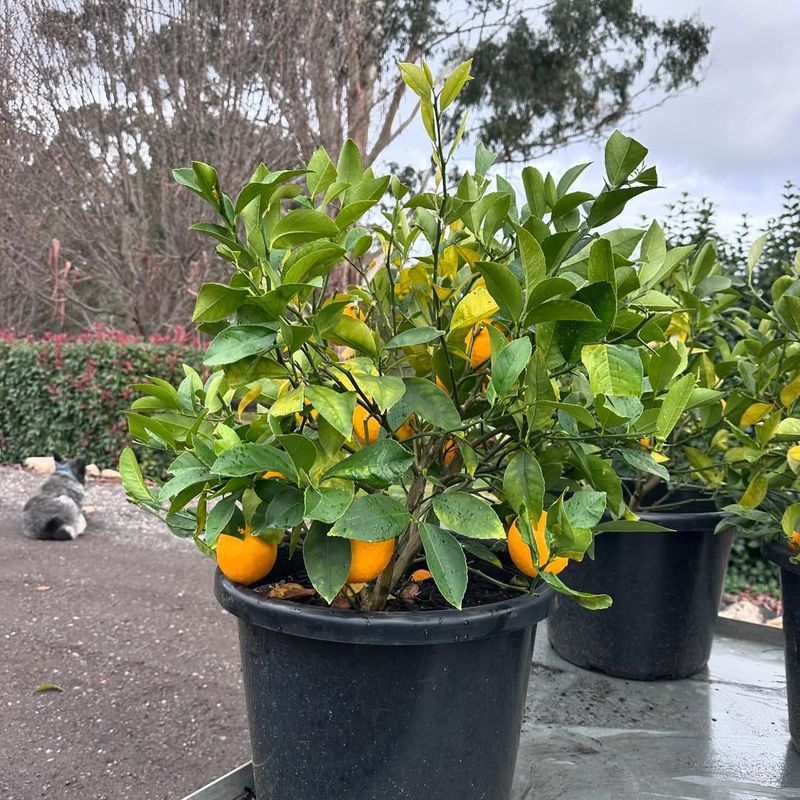
Ocean plants bring amazing benefits to your garden.
Kelp and seaweed extracts are loaded with trace minerals and natural growth hormones that help trees handle stress and produce more fruit.
You can buy liquid seaweed extract at most garden centers and dilute it according to directions.
Spray it on the leaves or water it into the soil every few weeks during growing season.
Trees treated with seaweed often show improved flowering, better fruit set, and stronger overall health, making this a really worthwhile natural booster to try.

